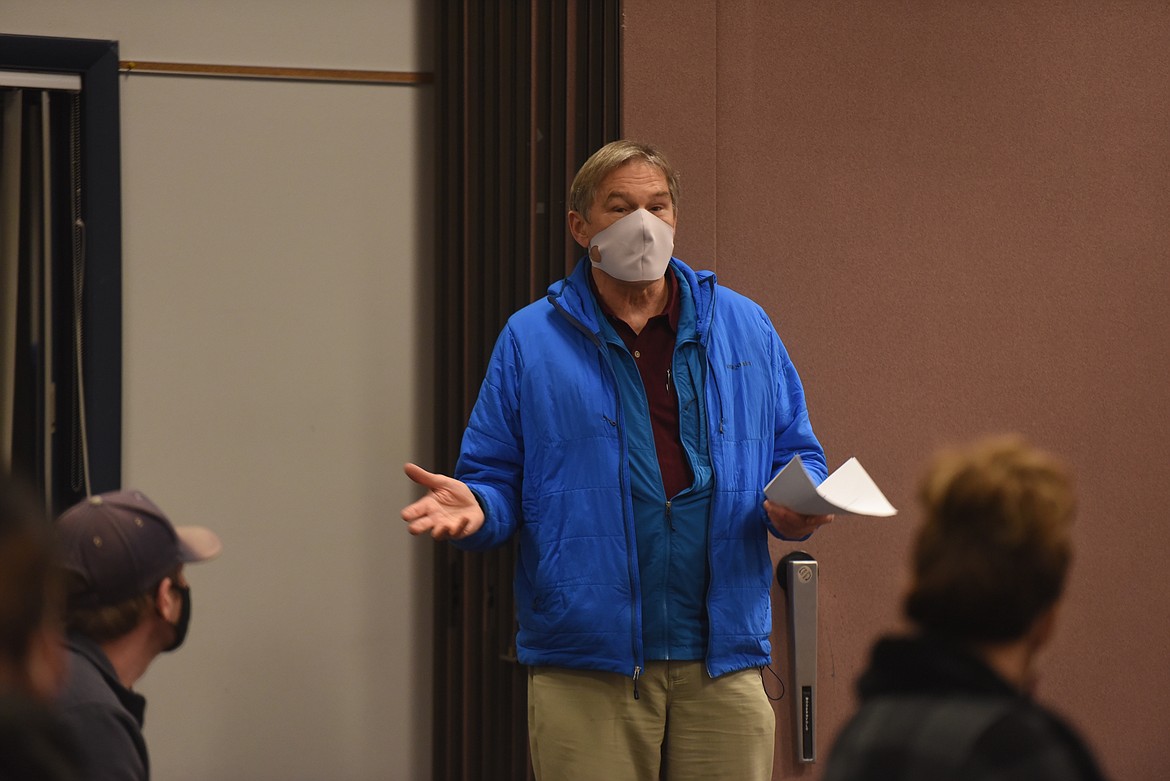Black backs call for health board to reassess pandemic response
Lincoln County’s top doctor endorsed last week a call for health board members to look inward and perhaps plot a new strategy on the COVID-19 pandemic as new cases spring up and deaths inch upwards.
“We allowed it to happen,” Dr...
Become a Subscriber!
You have read all of your free articles this month. Select a plan below to start your subscription today.
Already a subscriber? Login



